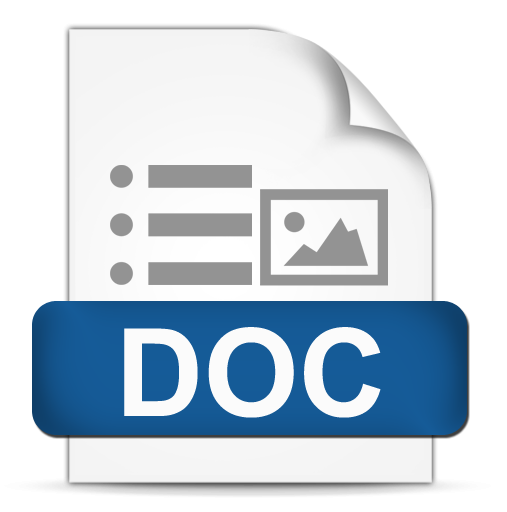ANALISIS E-MODUL KIMIA MADRSAH ALIYAH (MA) DALAM MENINGKATKAN PROSES PEMBELAJARAN DI BALAI PENDIDIKAN DAN KEAGAMAAN MEDAN
DOI:
https://doi.org/10.54583/apic.vol5.no1.80Keywords:
Outstanding Modules, Elearning Moules and HidrocarbonAbstract
This research was conducted using the classical method, meaning that the research process can be carried out with the condition that there are limited meetings around high schools or Madrasah Aliyah in the area of the Center for Education and Religion (BDK) Medan. The Covid-19 pandemic, which has not been completed until now, has caused the learning process to not run well. Therefore, an analysis of teaching materials in the form of e-modules was carried out which will be developed for the web-based distance training learning process as an intermediary between trainers, students and teachers. The data analysis technique uses a feasibility instrument based on the national higher education standard (BSNPT). Modules circulating in the educational and religious areas of Medan are categorized as valid, meaning that innovation is needed.
References
Atmaja, Gaung., Mahmud., Silaban, Ramlan and Muchtar, Z. (2016). Analysis Of The Teaching And Learning In Chemistry Class X Vocational High School Academic Year 2015/2016. Proceedings of the 1st Annual International Seminar on Transformative Education and Educational Leadership (AISTEEL) e-ISSN: 2548- 4613.
Badge, J. L., Dawson, E., Cann, A. J., and Scott, J. (2008). Assessing the Accessibility of Online Learning, Innovations in Education and Teaching International, 45(2): 103-113.
Bain, R., Jacobsen, J. J., Maynard, J. H., and Moore, J. W. (2005). Chemistry Comes Alive, Journal of Chemical Education, 82: 1102-1104.
Bish, J. P., and Schleidt, S. (2008). Effective Use of Computer Simulations in an Introductory Neuroscience Laboratory, Journal of Undergraduate Neuroscience Education, 6(2): 64-67.
Boyce, L. N., Van Taseel Baska, J., Burrus, J. D., Sher, B. T., and Johnson, D. T. (1997). A problem-based curriculum: Parallel learning opportunities for students and teachers, Journal of the Educational of the Gifted, 20: 363-379.
Corrigan, M. J., Bill, M. L., and Slater, J .R. (2009). The Development of A substance Abuse Curriculum In A Master’s of Social Work Program, Journal of Social Work Education, 45(3): 513-521.
Edginton, A., and Holbrook, J. (2010). A Blended Learning Approach to Teaching Basic Pharmacokinetics and the Significance of Face-to-Face Interaction, American Journal of Pharmaceutical Education, 74(5): 1-11.
Folb, B. L., Wessel, C. B., and Czechowski, L. J. (2011). Clinical and academic use of electronic and print books: the Health Sciences Library System e-book study at the University of Pittsburgh, J Med Libr Assoc, 99(3): 218-228.
Goto, K., Pelto, H., Pelletier, D. L., and Tiffany, J. S. (2010). “It Really Opened My Eyes:” The Effect on Youth Peer Educators of Participating in an Action Research Project, Human Organization, 69(2): 192-200.






